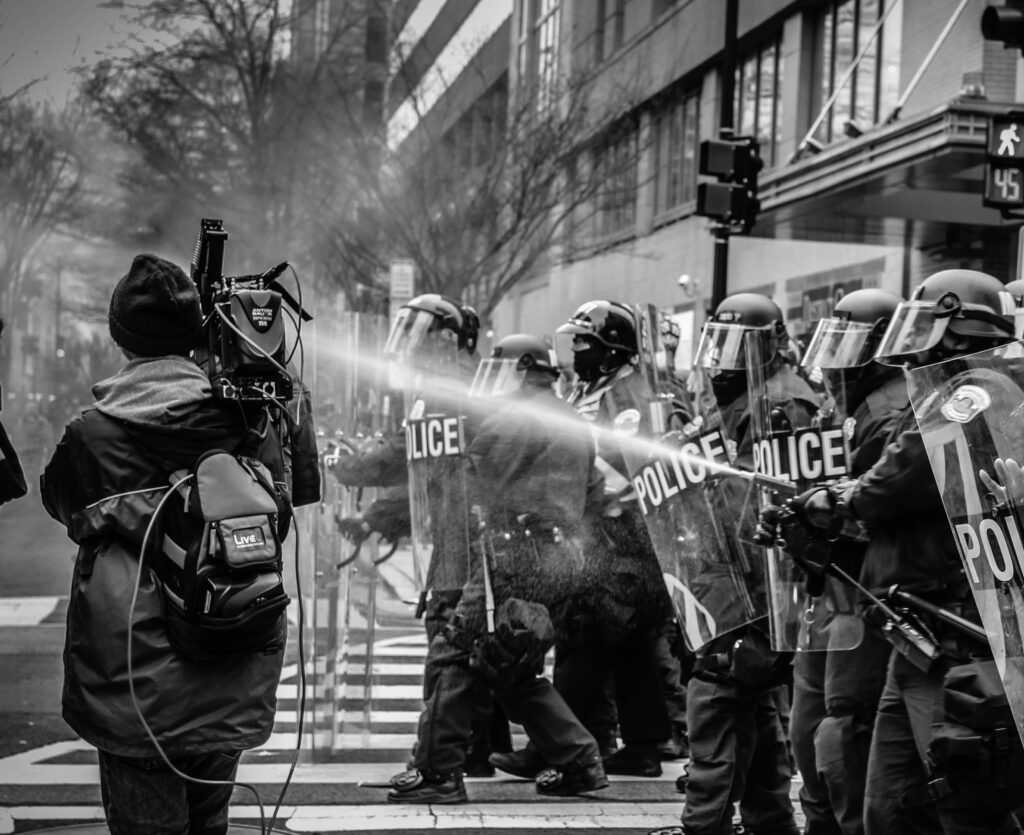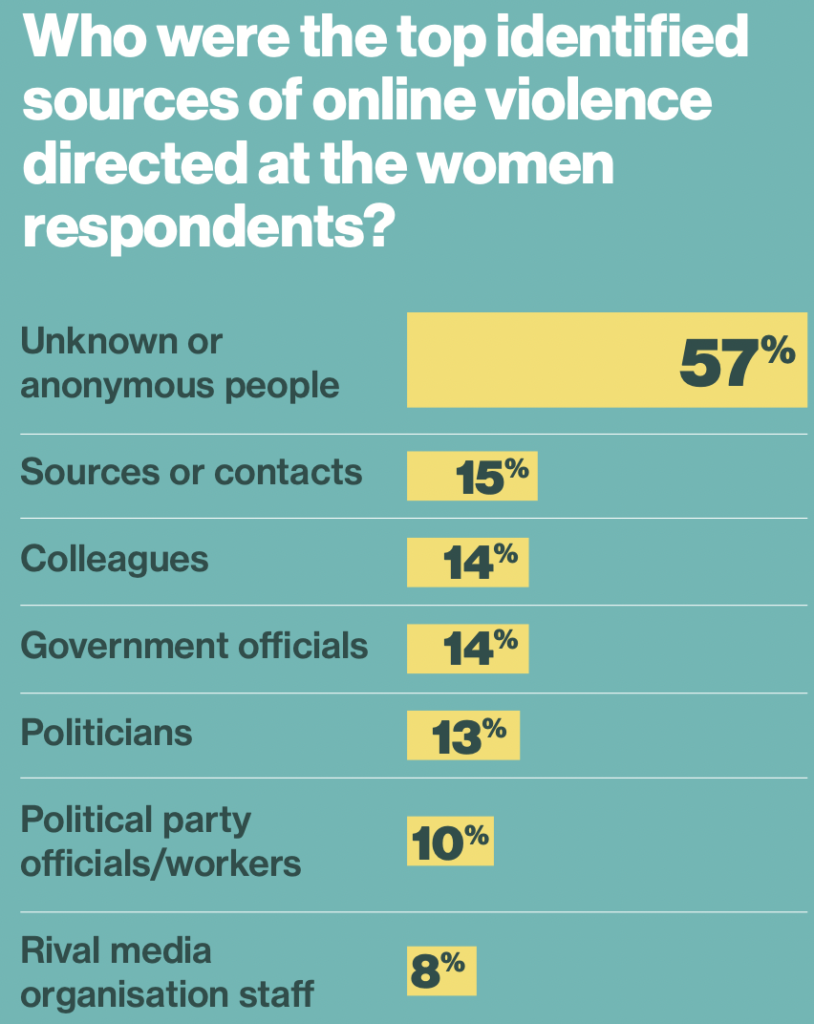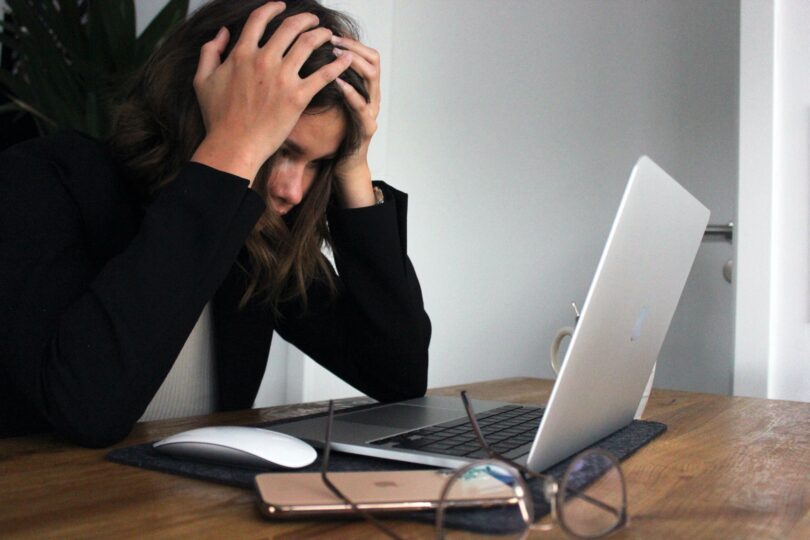It’s easy to call out a journalist. They are in the public eye, whether that be commenting on social media, writing articles, or presenting.
And maybe being called out is part of the job. Maybe some journalists just aren’t good at their jobs and need to be challenged.
These are fair points when looking at the role of journalists. They are the public figures whose role is to inform and communicate. In doing so, this opens gateways for discussions with varying opinions.
But just because they are in the public sphere, it doesn’t mean they are asking for the harassment, scrutiny and trauma that comes with the job. It also doesn’t mean they are equipped to deal with it.
Various studies noted that at least 80 per cent of journalists have experienced traumatic events while working. This can include workplace and online harassment and repeated exposure to confronting events. Not equipping journalists with the right tools to deal with the constant pressure of these issues has been shown to increase the likelihood of stress, anxiety, depression, and post-traumatic stress disorder. Mental health and stress are not new in workplaces, but is it recognised as a risk in journalism as much as it should be?
Front line workers?
In many ways, depending on the type of work they’re doing, journalists can be seen as front line workers.
Many journalists are constantly out in the field, witnessing distressing scenes. Reporting on death, war, crime and other hard hitting topics over time can be brutal. How often do we stop to think about the people writing these stories, who gather that confronting news, interview grieving people and take on others’ trauma.

Journalists do this because it is important work. They make a difference to society by tackling the important aspects of life, all for the public interest. But there is pressure involved and one wrong move could affect many people’s lives and even lead to deaths. This is especially true when it comes to sensitive information, such as the topic of COVID-19.
Olivia Messer was a reporter at The Daily Beast in the United States, until she felt the distress and burnout from reporting on COVID-19 and other disasters was too much. Messer also interviewed multiple local journalists to discover they too had left their jobs for the same reasons. Some were crying during and after work meetings. Some were told to risk their safety for the story. All feeling the pressure of unsympathetic and unavailable bosses.
This is clearly an issue if multiple editors, writers and reporters are leaving due to increasing distress and the overwhelming lack of emotional support. It is shocking that anyone would leave a job they are passionate about because they feel as though they aren’t getting the support they need.
It’s worse for women
Not to say that men don’t experience harassment of sorts and the distress that comes from this type of work, but being a woman in the field has clearly proven over time that they are apparently ‘easy’ targets.

According to the Global Alliance on Media and Gender, in its Australian report on systemic sexism, female journalists are higher targets for online abuse for their work. They are often sexually harassed in the field and that can be overlooked when reaching out for support regarding these issues. This is also glaringly obvious considering most newsrooms are dominated by men, especially looking at the boards of some Australian media organisations.
These systemic issues for women are ingrained in many different workplaces and industries but knowing that journalism is for the public, it enables more contact, which is not always beneficial. Mental health and distress support are more needed than ever and should also be tailored for women to deal with the specific type of abuse they may receive.
The push for more
You are warned of these issues in journalism education and talking with other journalists. Being warned to just deal with online harassment, to deal with the burden of heavy topics or, as a woman, to deal with the fact that you need to be prepared to work harder, are not ways of making journalists feel comfortable.
A notable amount of studies have shown there are not many specific resources that journalists can reach out to regarding trauma, burnout, mental health and family needs. The DART Centre is a clear standout for trauma support among a small amount of competitors.
Journalists shouldn’t just have to suck it up to prove themselves worthy of the role. They should have the support systems available to help deal with these issues, without fear of not being good enough.
Being an aspiring journalist, it’s already easy to recognise the importance of mental health support in this field. Every workplace is different. Some editors and managers may offer you support but it should be commonplace regardless of where you work because journalism is journalism and the job role won’t change. But we can change how we manage it.
Featured image: Elisa Ventur via Unsplash








There are campaigns to stop retail worker abuse, workplace harassment, maybe we need that for journalists. Unfortunately though, the role of journalists seems to have placed them in a position where people see them as fair game and with the power of social media the flood of negativity feels unstoppable. I think the only thing that can be done to address this issue is workplace support. If the whole world is against you, it is hardly sensible to make more problems by journalists fighting amongst themselves yet that’s what happens. Maybe better workplace support and culture would go a long way to improving support for journalists?